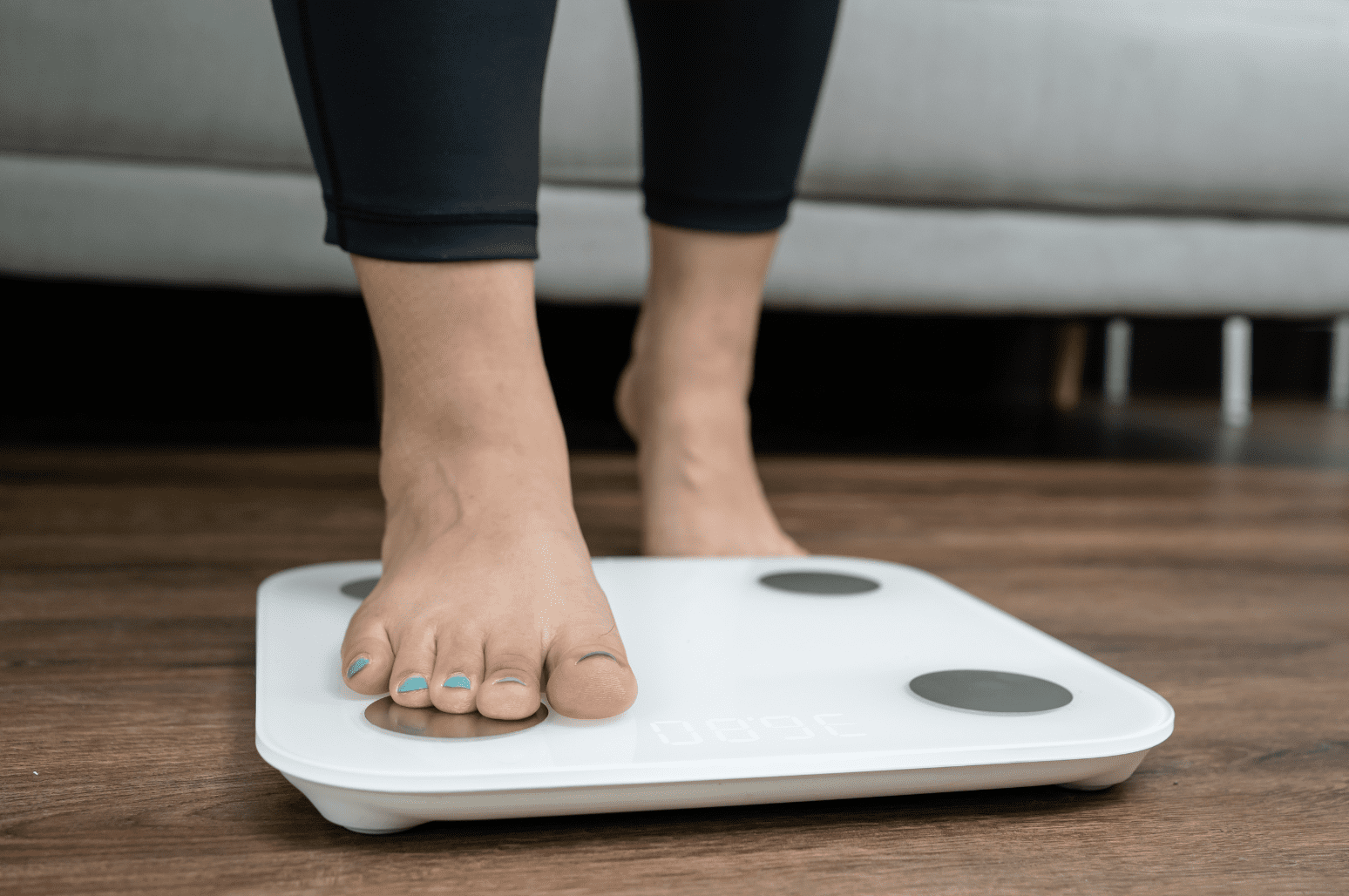MCT Oil Pre-Workout: Can It Benefit Your Training?

Gone are the days of having to gulp down unappetizing pre-workouts packed with bitter flavors, too many jitters, and an abundant amount of artificial ingredients.
As an athlete and nutrition consultant, the struggle to find a pre-workout that will benefit my training and performance without artificial fillers or proprietary blends has been a constant issue. That is until I discovered MCT oil a few years back.
MCT (medium-chain triglyceride) oil is a popular supplement among keto dieters and high-fat enthusiasts. It has been shown to promote gut health, improve cognitive performance, regulate appetite, and, as it turns out, boost athletic performance.
Before we get into the nitty gritty of whether MCT oil can benefit your training, let’s review the basics.
What is MCT Oil?
Medium-chain triglycerides or MCTs are naturally occurring fats in coconut oil, palm oil, goat milk, and even breast milk. MCT oil itself is typically made from coconut oil. Many use MCT oil and coconut oil interchangeably, but they are not the same. Coconut oil is made up of both long-chain triglycerides (LCTs) and MCTs; however, MCT oil contains only MCTs.
MCTs behave differently in the body compared to LCTs. Instead of having to be broken down and digested by the body, MCTs are sent directly from the gut to the liver. From there, they are used as a source of energy by the body or quickly turned into ketones. Because of this fast turnaround, the calories from MCT oil are less likely to be stored as fat.

How Does MCT Oil Help Boost Your Performance?
When it comes to performance, MCT oil can be extremely helpful for active individuals just starting the ketogenic diet. The decrease of carbohydrates around your workout window might have you feeling a bit sluggish and fatigued before your body switches to using ketones for fuel; however, MCT oil can help negate this effect.
MCT oil has been shown to help improve performance in several different ways, including improving energy output, burning more fat as fuel, and enhancing exercise endurance.
1: May Improve Energy Output
Some studies have shown that consuming MCTs in a pre-workout drink about 30 to 45 minutes before your training can help athletes and gym-goers increase their total energy output during training. [1]
One study performed on mice showed that the group of mice that were fed a diet rich in MCTs did significantly better in a swimming test compared to the other group of mice being fed a diet rich in LCTs.
2: Can Increase Fat Burning for Fuel
Research suggests that fatty acids such as MCT oil are a pre-workout fuel source that offers more bang for your buck.
One study found that cyclists were able to easily tap into fat as a fuel source while maintaining a high level of performance output. Once keto-adapted, their bodies were able to burn fat as a cleaner fuel source without needing to tap into muscle glycogen (stored carbohydrates in muscle tissue). [2]

3: May Enhance Exercise Endurance
Another study examining mice showed that MCTs help to promote the amount of protein up-take for your body to use, helping enhance physical performance overall.
The mice were fed either regular food (consisting of 70% carbohydrates) or a diet high in MCTs. The latter were fed an additional 11.6 grams of MCTS per kilogram of bodyweight in their regular food. They were tested at either room temperature or higher temperatures for their physical performance.
The results showed that the MCT-containing diet significantly enhanced physical performance in high-temperature conditions. In fact, running times doubled in mice consuming the high-MCT diet in the high-temperature conditions. [3]
What Are the Side Effects of Too Much MCT Oil Before Training?
When it comes to the negative consequences of using MCT oil as a pre-workout, there are only a few commonly reported issues from individuals new to MCT oil. These issues include stomach cramps, bloating or possible nausea.
If you do experience any of these symptoms, decrease the amount you’re using and slowly build up to the recommended one tablespoon per day.
What We Recommend
When adding MCT oil to your diet for the first time, you’ll want to start off slow. We recommend starting with a small teaspoon and working your way up from there. This will allow your body to recognize the MCTs and adjust slowly. This will also help you avoid any of the possible side effects listed above.
For example, if you typically drink eight ounces of a pre-workout drink, try adding in one teaspoon of MCT oil about 30 minutes before your training time. Over the course of a few weeks, slowly increase this to one or two tablespoons.
Bottom Line
Whether you’re new to the keto diet or you’re just looking for a new pre-workout boost to add to your routine, MCT oil can help. With its lack of flavor and easy absorption, you can add MCT oil into just about anything.
References
Nosaka N, Suzuki Y, Nagatoishi A, Kasai M, Wu J, Taguchi M. Effect of ingestion of medium-chain triacylglycerols on moderate- and high-intensity exercise in recreational athletes. J Nutr Sci Vitaminol (Tokyo). 2009 Apr;55(2).
Phinney SD, Bistrian BR, Evans WJ, Gervino E, Blackburn GL. The human metabolic response to chronic ketosis without caloric restriction: preservation of submaximal exercise capability with reduced carbohydrate oxidation. Metabolism. 1983 Aug;32(8):769-76.
Wang Y, Liu Z, Han Y, Xu J, Huang W, Li Z. Medium Chain Triglycerides enhances exercise endurance through the increased mitochondrial biogenesis and metabolism. PLoS One. 2018; 13(2).









